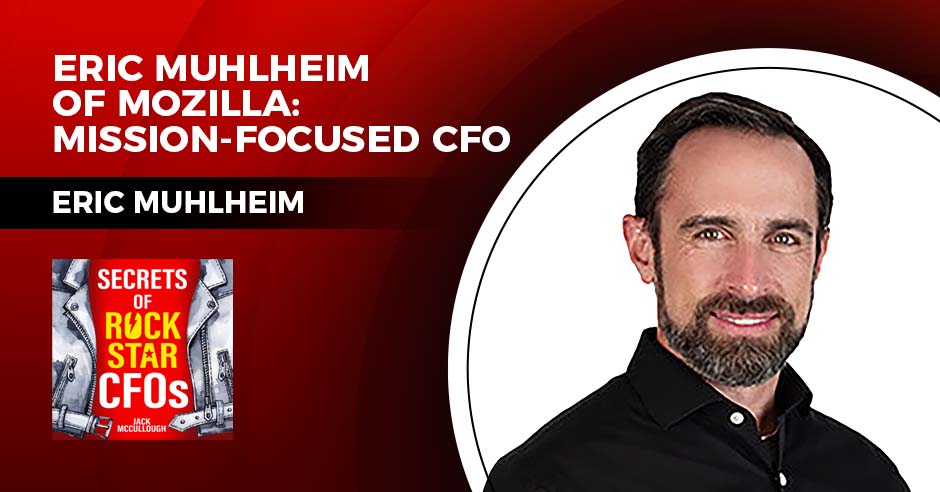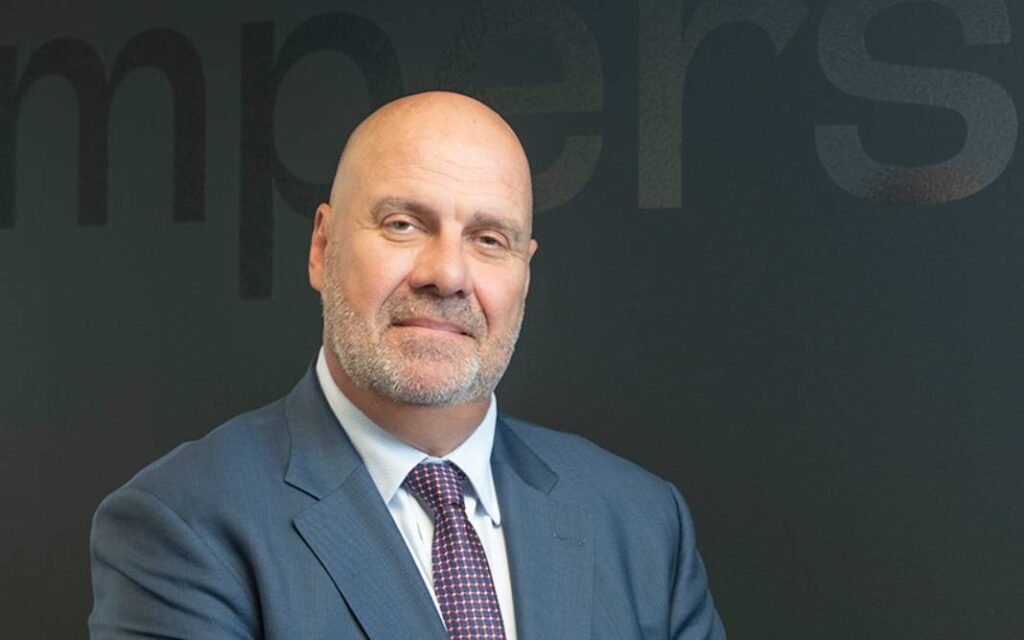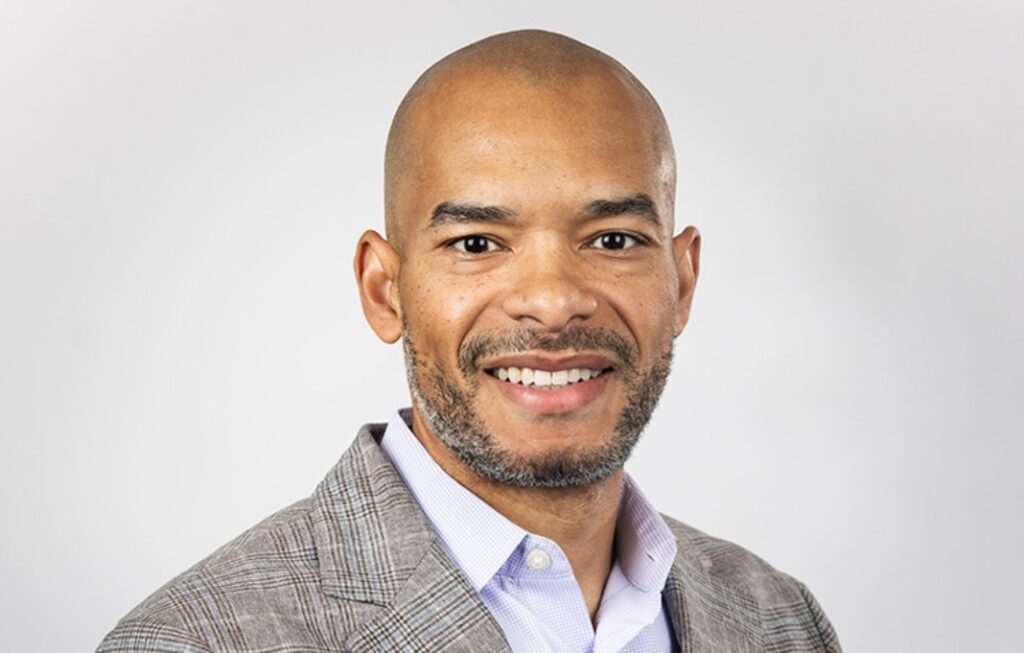
CFOs used to be counted on to nix many decisions—especially when it came to spending money, says April Downing, CFO of Khoros in Austin, Texas, which provides enterprise-level customer engagement software and services. Today, the finance role is more about analyzing data to help predict outcomes, and to say “yes” to those that can help the business.
Downing has more than two decades of experience working with publicly and privately held technology and services companies, in addition to raising more than half a billion dollars and leading more than 20 M&A transactions. Prior to Khoros, Downing served as COO of Civitas Learning and CFO of WP Engine. She spoke with StrategicCFO360 about how to know what’s around the next corner, what new technology is worth the spend and why she’s a “CF-YES.”
What are some corners that you would advise CFOs of today and tomorrow to see around? What’s on the horizon that finance professionals should be aware of?
CFOs need to ensure they aren’t operating or expected to operate as CF-NOs. The days of being at the end of the line of decisions and having to be the “no” to drive the right business outcomes are over. A successful business needs a CF-YES. This doesn’t mean that everything is rubber-stamped approved, it means that CFOs and their teams are involved early in the process of any initiative, providing strategic advice and perspective on positive and negative impacts on the business.
CFOs need to be the green light driving the right direction for the company, not the red-light slowing things down. Insights and understanding of sometimes complex scenarios are required for CFOs to be comfortable with this role. Data isn’t enough—CFOs have to be able to glean insights from the data which most often drives an understanding of how predictable outcomes are.
Predictability means predicting the possibility of both good and bad outcomes so CFOs can comfortably manage “no surprises.” This doesn’t mean undesirable outcomes won’t happen. It means that it won’t be a surprise if they do, and teams know the implications of and actions to take for any outcome. At Khoros, our teams partner on new initiatives early across the business to define what success looks like and how to help things go right. This drives velocity and success.
What are ways that you create consistency across teams from all levels and functions, from the C-Suite with leadership to the boots on the ground working with customers and clients? Why is this important to overall business success?
People inherently trust what they can predict. From an internal perspective, being predictable not only requires consistency but also education. Oftentimes, team members may see a decision as a deviation from prior practice, but the reality is that there may be very different factors involved that require a different approach. Ensuring everyone takes the time to highlight what’s unique about a particular situation not only drives understanding and alignment, but also helps team members to better anticipate future decisions.
Consistency is just as important when it comes to engagement with customers. The path to strong customer retention stems from delivering on the promise to your customers. This promise may be explicit or perceived. It can be as simple as knowing that every engagement with an account manager will include asking what we can do to better support the account. Alternatively, it can be as complex as knowing that every interaction with anyone at the company will not only include that ask, but also know what the prior asks have been and how we have delivered against those.
What role do you foresee technologies like artificial intelligence and machine learning having on the overall business landscape, and what should CFOs keep in mind about these capabilities?
As we look to the future, organizations and their finance leaders should plan to strategically invest in capabilities like artificial intelligence, machine learning and natural language processing to advance their potential for business automation. These technologies help teams across all functions accomplish more with specific solutions for real problems faced by modern enterprises everywhere.
However, it’s important to remember that any investment in technology should directly support the needs and goals of the business—this is key to keep in mind to ensure effective investments that can be directly tied to outcomes, rather than allocating money for a shiny new object that might not align with what’s a priority for the organization.
What have been the key focal points in your role this past year? Could you share some of the initiatives you’ve introduced in your role to address these areas and their outcomes or any key takeaways you’ve observed?
Since starting with Khoros in March 2021, I’ve been fortunate to be a part of several key company developments. This year, we’ve acquired two organizations that directly reflect feedback we heard from customers on what their specific technological needs are. These included Topbox, now Khoros CX Insights, an omnichannel customer experience analytics provider, as well as Flow.ai, now Khoros Flow, a platform for conversational AI and machine learning.
We’ve also been able to scale up our talent pool and invest in new hires, while delivering the industry’s most complete solutions for a unified, actionable view of the customer. At a time when new talent is hard to come by and retention is more important than ever, I’ve been fortunate to help my team adjust to remote work while expanding our ranks to ensure we’re able to scale alongside the growth of our market.








